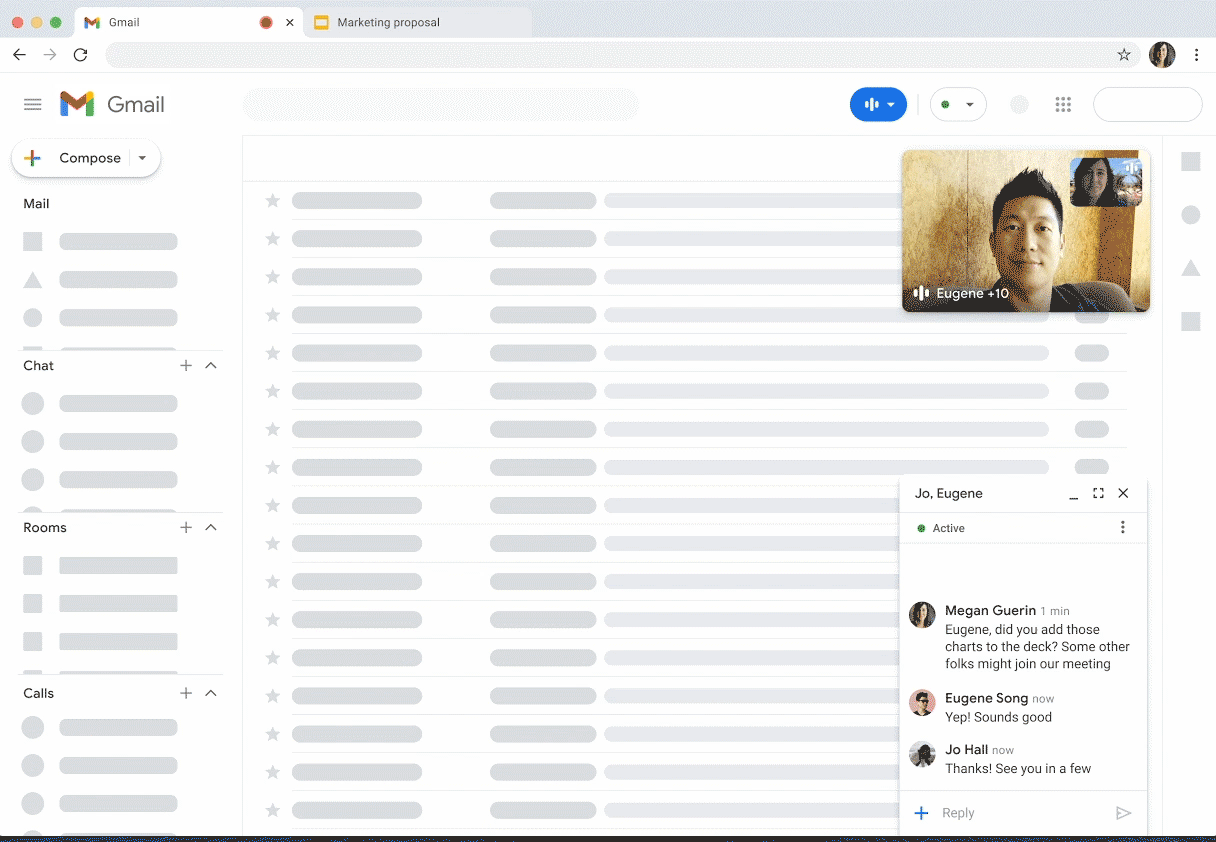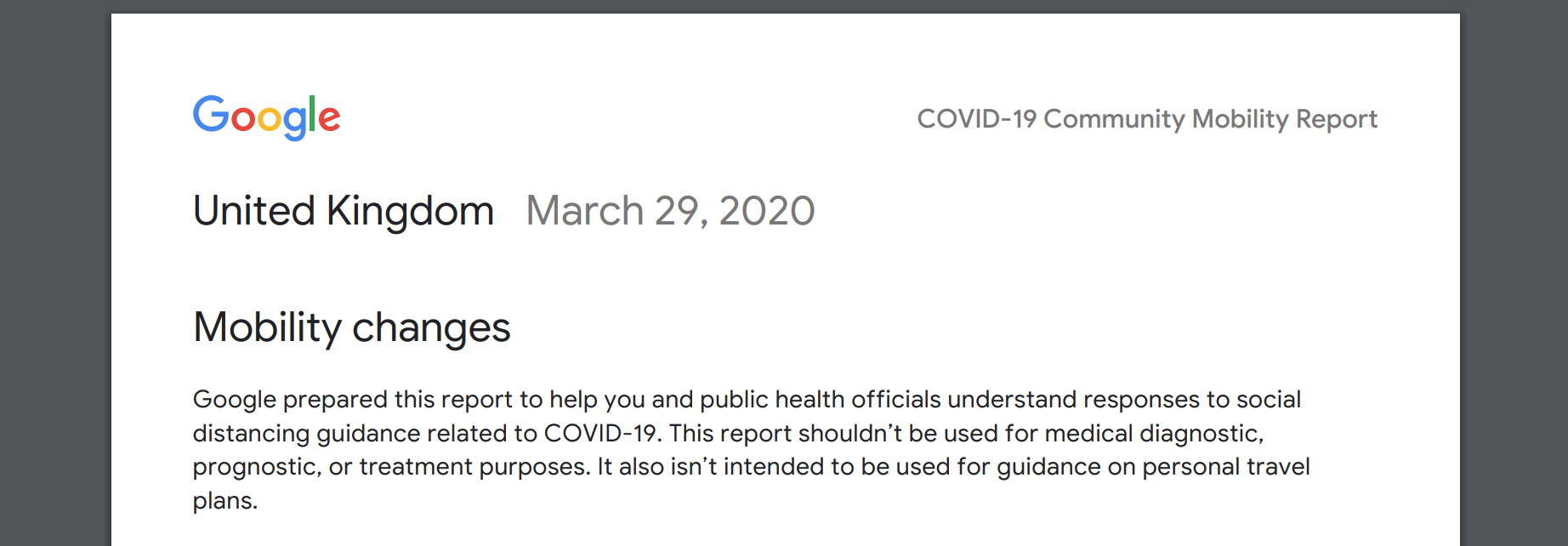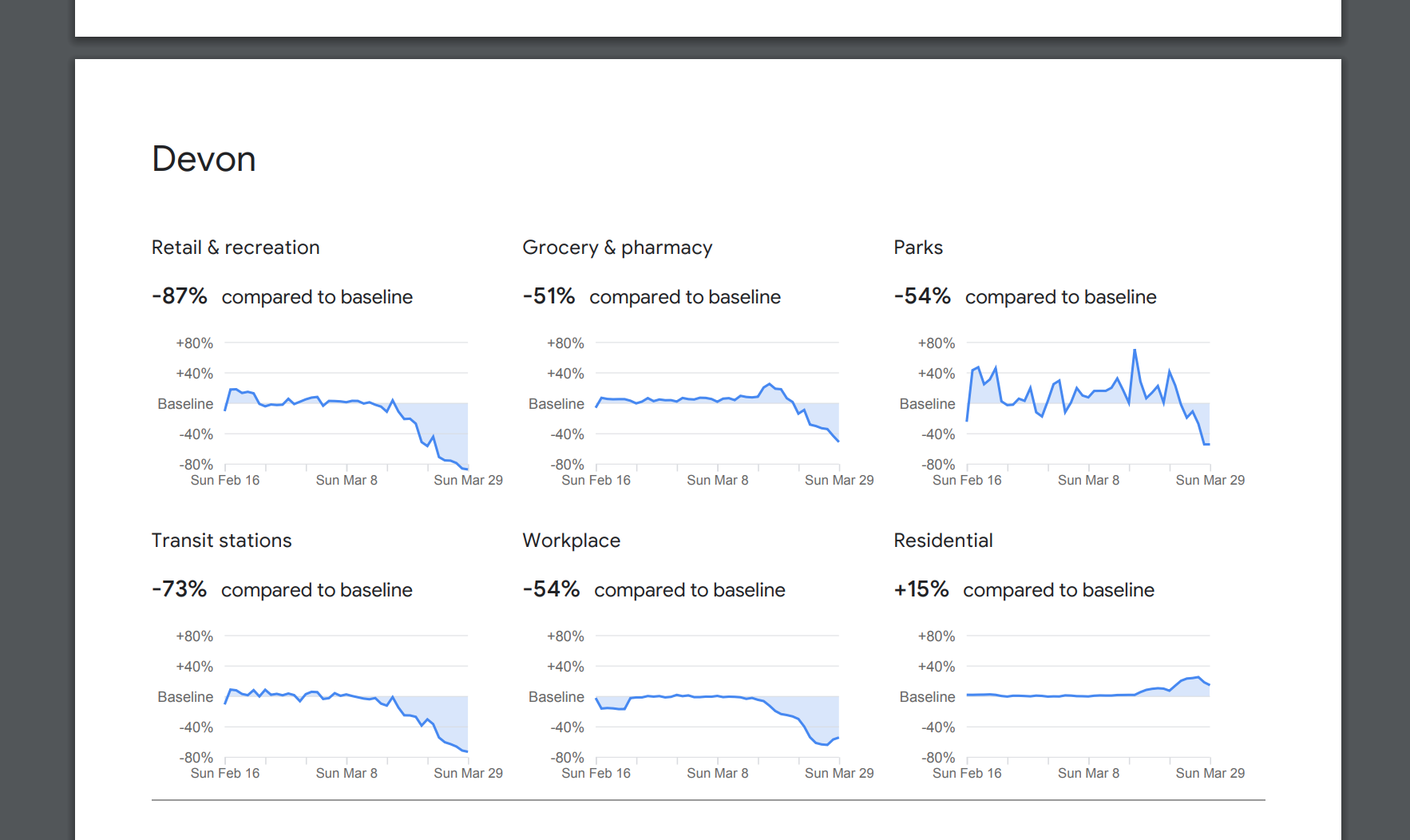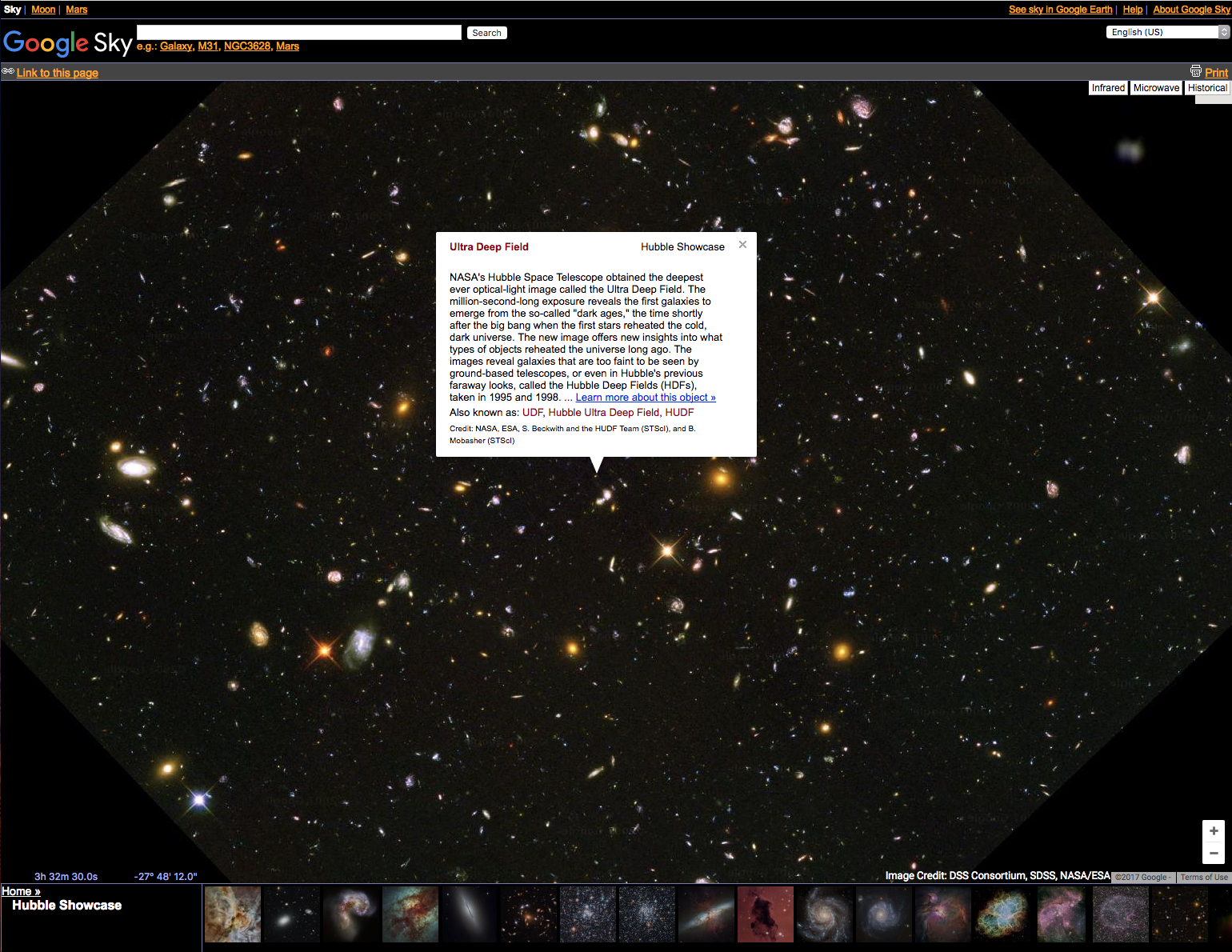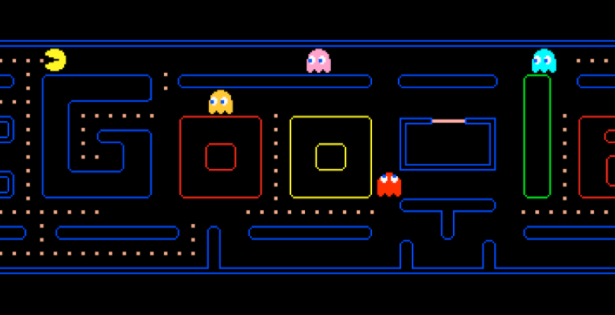Google have previewed a design study of sensory notification devices designed for a less stressful digital life.
‘Little Signals’ demonstrates interesting ways the end-user might receive notifications in a calmer, more subtle way than via their smartphone screen – using ambient sound, changing shadows and discrete movements.
The friendly-looking set of six tabletop devices are a zen paradise of pastel shades and soft movements designed to be less anxiety-inducing than a constant blizzard of push notifications.
Little Signals is one of several Google ‘Digital Wellbeing’ experiments – with others including ‘digital detox’, a visual ‘anchor’ that prevents infinite doom scrolling, and a minimalist ‘paper phone’.
Some of the devices can be interacted with, or are intended to have minor affects on surrounding objects to get the user’s attention.
Each prototype hides an onboard Arduino micro-computer, but none of the devices use either display screens or artificial light, demonstrating how Internet-of-Things (IoT) devices might become better disguised as part of our physical environment.
For IT support and expertise, contact our team today.

 In a similar upgrade, Android 13 also adds a new device permission for apps that join to nearby Wi-Fi devices without sharing GPS permissions, for example allowing users to use smart devices in their home, without granting outright location permissions in the process.
In a similar upgrade, Android 13 also adds a new device permission for apps that join to nearby Wi-Fi devices without sharing GPS permissions, for example allowing users to use smart devices in their home, without granting outright location permissions in the process.